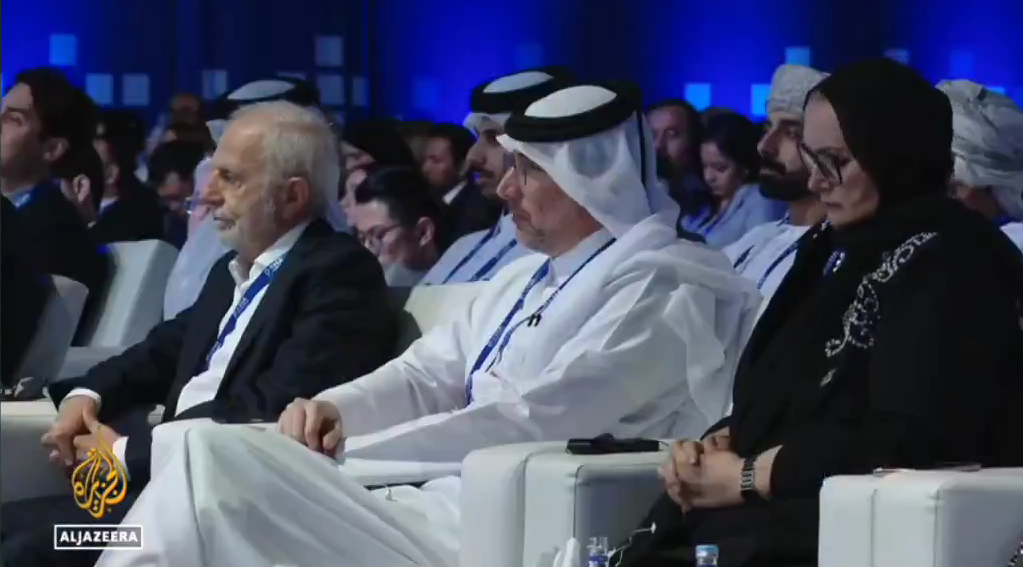In a significant diplomatic shift, Russian Foreign Minister Sergey Lavrov recently referred to Kosovo as “Kosova,” aligning with the widely accepted Albanian-language name for the territory. This marks a notable departure from the long-standing Russian position of not recognizing Kosovo’s independence, which was declared in 2008. Lavrov’s use of “Kosova” could signal a subtle acknowledgment of the region’s complex reality, potentially reflecting Russia’s broader diplomatic recalibrations.
The shift has sparked conversation on the international stage, with some analysts suggesting that it may be part of a broader effort to engage with the region’s evolving political landscape. Observers have urged Serbia to reconsider its stance, emphasizing that continuing to deny Kosovo’s sovereignty could undermine the credibility and professionalism of the Serbian government.
While Serbia has historically maintained a strong position against Kosovo’s independence, the pressure for diplomatic pragmatism grows, as global recognition of Kosovo continues to expand. With over 100 countries recognizing Kosovo, including a majority of EU and NATO members, calls for Serbia to embrace the reality of the situation are intensifying.
The shift in Russia’s terminology highlights a wider trend in global diplomacy, urging governments to adapt their language to reflect evolving political realities. It remains to be seen whether Serbia will take similar steps in acknowledging Kosovo, but this move by Russia may indicate a growing acknowledgment of the need for international dialogue based on current geopolitical conditions.








